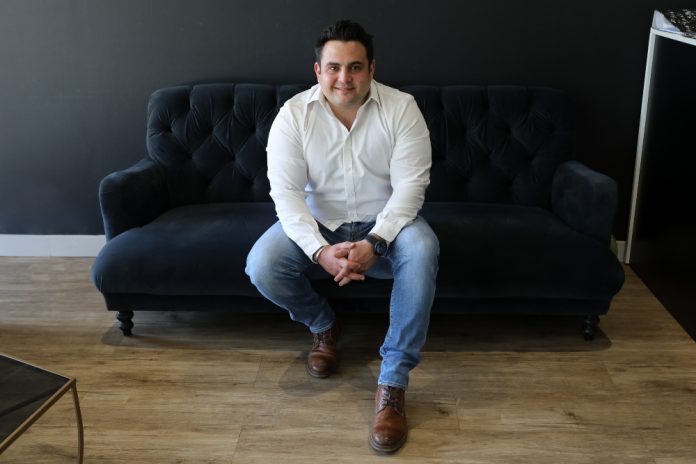Warren Myers, CEO, AURA, South Africa’s leading security and medical response platform, reflects on the security environment in South Africa, why safety should be viewed as a right instead of a privilege, and the company’s successful partnership with Uber since 2018.
Since it was first established in 2017, AURA’s vision has been to create an environment that recognises safety is so much more than a basic need – a right rather than a privilege. Emerging markets are stalling, in part, because far too many people lack access to basic resources. The reality is innovation cannot thrive if people are worried about their next meal. The issue of safety applies in much the same way as creativity and human flourishing disappears if people are living in a perpetual state of fear and anxiety.
Clearly more needs to be done to ensure that people are safe, and feel safe, from the scourge of crime. If this doesn’t happen, a downward spiral is inevitable; the consequences of which are enormous and impact every single corner of society.
Crime stats are wholly unacceptable and have been for some time now. Since the onset of the Covid-19 pandemic and its devastating social and economic impact, there has been a marked increase in both professional syndicate crimes, and opportunistic crimes of desperation.
Equally unacceptable is that current private security and medical models exclude most individuals, particularly those in lower income brackets who cannot afford the escalating costs and therefore the luxury of private security and medical. The sad irony of this situation is that those who are the most vulnerable and affected by crime are also those who can least afford the safety and security they so urgently need.
It is staggering that only 2% percent of South Africans have access to private security and 7000 private response vehicles only service two percent of the population. Clearly there is an obvious inequality here that requires serious attention. What is less obvious at first glance, is that security companies, and by extension their clients, are paying for these resources to be deployed 100 percent of the time when they are only needed and utilised less than 10 percent of the time.
Uber has always been committed to improving and introducing new and relevant technologies through their app. Response times for safety related matters was a key challenge, which led to Uber seeking out private location-specific emergency and medical service partners that could be dispatched to partners quicker than ever before, which is where the partnership with AURA developed.
The AURA platform addresses issues of access and affordability using IoT and AI to ensure that not only are resources being used as efficiently as possible, but that everyone, irrespective of income or social status, can feel safe and secure thanks to having on-demand emergency services at their fingertips. This is why AURA has grown to become a necessary part of the wider safety and security ecosystem.
Universal accessibility, affordability, and a deep commitment to the safety of everyone who uses the AURA platform is why we are especially proud of our partnership with Uber. A shared vision and dedication to continuously improving the safety of everyone who uses our services is why Uber added an in-app emergency button, powered by AURA, to both the rider and driver Uber apps. When a rider or driver uses the in-app emergency button to call third-party emergency services, the car’s make and model, license plate, and GPS location are made available to these private emergency services and security responders. Riders and drivers can access the safety toolkit by tapping the shield icon on their app’s map screen while on a trip. This functionality is available in both South Africa and Kenya Uber provides the same door-to-door safety standards on all their options, so no matter if you are taking Uber Go, their best priced mobility option, or UberX, the in-app emergency button and all other safety features is available on any trip.
AURA allows for millions of people to access private security and medical response. Technology is a powerful tool not only to unlock access to affordable mobility but in crime prevention by empowering everyone with the means to get assistance in the event of an emergency or in a situation where they feel threatened or unsafe. The unwavering belief that safety should be democratised and need not be the sole preserve of the wealthy is what continues to underpin and inspire the AURA journey.








